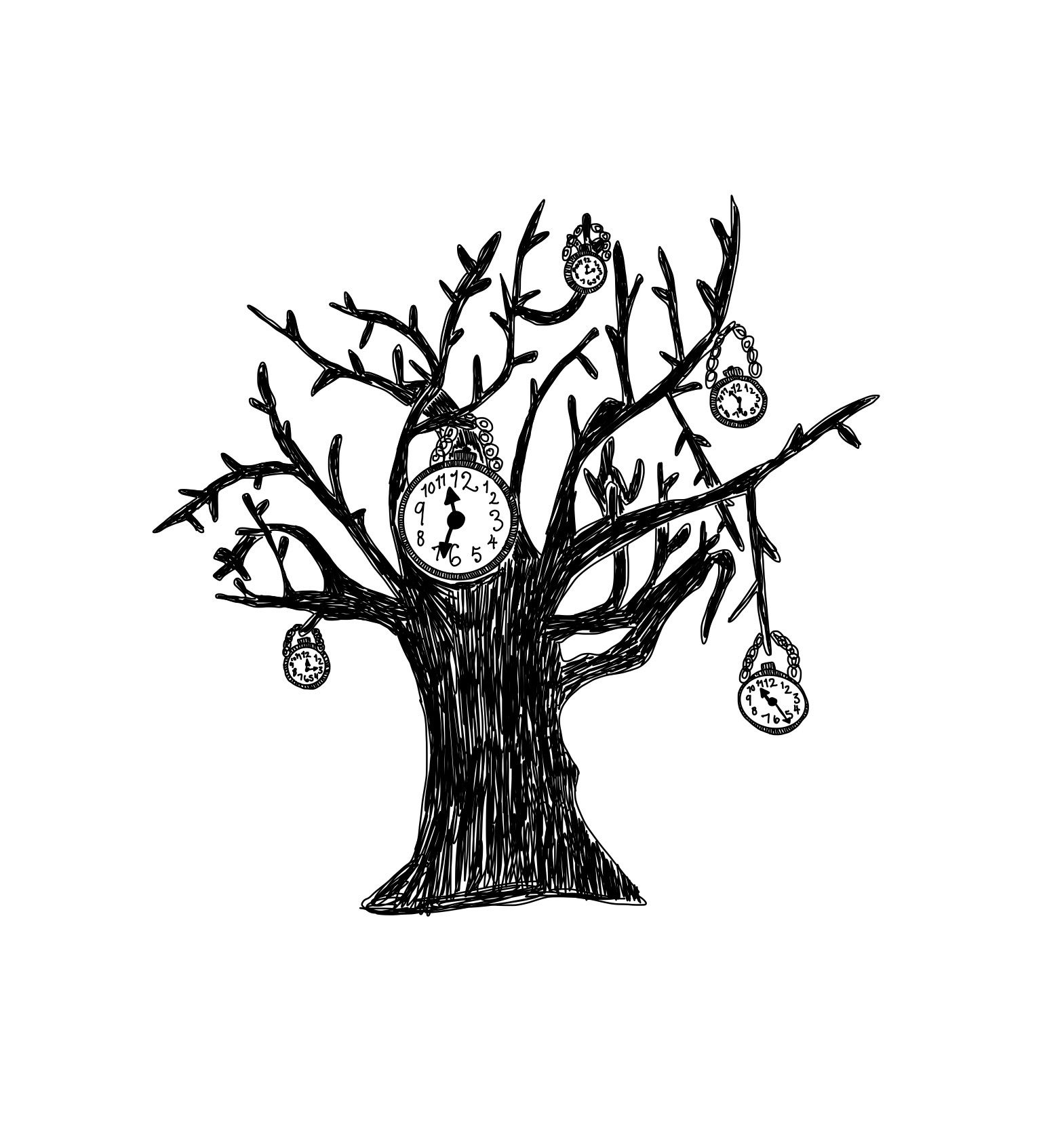How close can we get?
April 7, 2023
 Juliana Vandermark
Juliana Vandermark“Time, then, is otherness, a mystery that hovers above all categories. It is as if time and the mind were a world apart. Yet, it is only within time that there is fellowship and togetherness of all beings.” – Abraham Joshua Heschel
Modern life. Modern. What a word. It’s almost not a word at all—something more, something closer to eternity. It’s supposed to encompass the present, consume the here and now, leaving the before and after for other words to get at. But the present moment is unending. No, there is no beginning at all. The present is the closest we can get to eternity.
“Well, that doesn’t make any sense. The present is always moving, attaching itself to a new moment so that it doesn’t fall into the past.”
Dear reader, you’re right, except you’re wrong. The present is the closest we can get to eternity precisely because it never runs out, runs away, falls behind. The tricky part about the present is how to get there or, more accurately, get within it.
Abraham Joshua Heschel, a Jewish theologian, wrote “The Sabbath” in 1951. At a time when most people were casting their dreams into the future and accumulating things to fill their empty hearts, desperately trying not to think about the scars of the recent past, Heschel wrote about a palace in time, both a queen and a bride, the Sabbath and its meaning for modern man.
I’m not Jewish, nor am I particularly well-versed in Jewish scripture. I read “The Sabbath” because it’s about time, sanctified time, holiness in time. I liked “The Sabbath” because Heschel describes the difference between a religion of space and a religion of time. The former worships things, objects and monuments, whereas the latter worships moments, events and histories. Jewish holidays were once celebrations of nature, dependent on agricultural cycles and seasons. They became commemorations of historical events like The Exodus. “The Sabbath” is the epitome of a celebration of time, within time. By participating correctly, Herschel says, one might get at the time of the next world: eternity.
There are a few things Heschel leaves for us modern men to unpack. Like, what is sanctified time and how do we achieve it? The same way we get within “The Sabbath”: it’s about presence, attention, stillness, conquering time. Technical civilization seeks to conquer space. To modern men, time is a harbinger of disturbance, poverty and death. We must scrape out an existence. Moments that reveal themselves as eternal come infrequently, and we hardly know what to look for.
Approaching the mother maple on the quad, I imagine the centuries of footsteps steadily packing down the soil around her roots. Mats of yellowing pine needles muffle my footsteps, but I know the leaf mold ought to be thicker. Someone is paid, likely not enough, to clear it away. Nestled behind a pond in the heart of the Northern Maine Woods, a small swath of old-growth stands, waiting for me. The chief paradox of humanhood: we are of the world yet we cannot truly understand it. Barriers, down to the cell wall, exist between me and everything else. Skin to bark, skin to grass, skin to soil—not close enough. Lines of communication open and close in an instant. Sacred moments are brief, but through them we encounter eternity.
When I read “The Sabbath,” I am moved. Why? Again, I’m not Jewish. Maybe if I attended Macedonian Orthodox Church more often, instead of just claiming it as a birthright, I wouldn’t be moved at all. It doesn’t matter that much. The point is, we’re talking about time and eternity, and I’m asking: how close can we get without faith? Without branch tips reaching skyward and a sturdy trunk?
I’m offering a lot of questions, no answers. People don’t offer answers anymore. It isn’t the convention: we cite our sources and vacillate, meditate, ask again.

Comments
Before submitting a comment, please review our comment policy. Some key points from the policy: